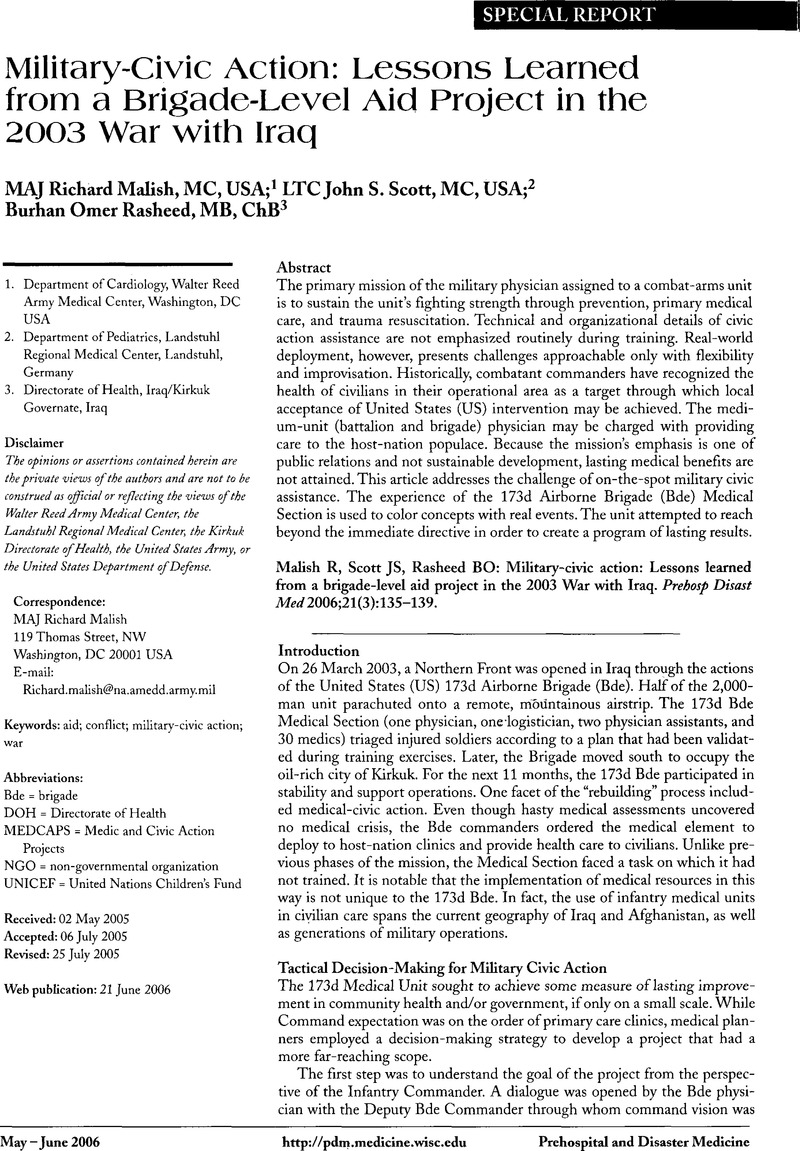Crossref Citations
This article has been cited by the following publications. This list is generated based on data provided by Crossref.
Burkle, Frederick M.
and
Greenough, P. Gregg
2008.
Impact of Public Health Emergencies on Modern Disaster Taxonomy, Planning, and Response.
Disaster Medicine and Public Health Preparedness,
Vol. 2,
Issue. 3,
p.
192.
Burkle, Christopher M.
2020.
Essentials of Disaster Anesthesia.
p.
184.
McIsaac, Joseph
McQueen, Kelly
and
Kucik, Corry
2020.
Essentials of Disaster Anesthesia.



